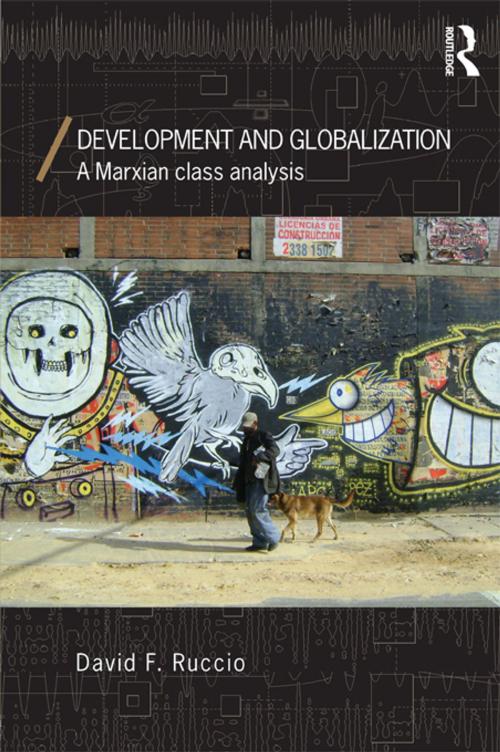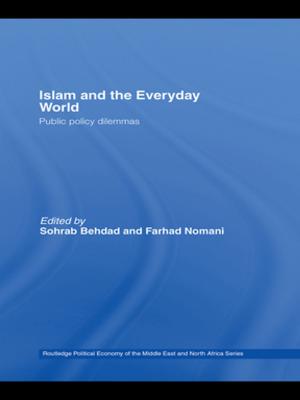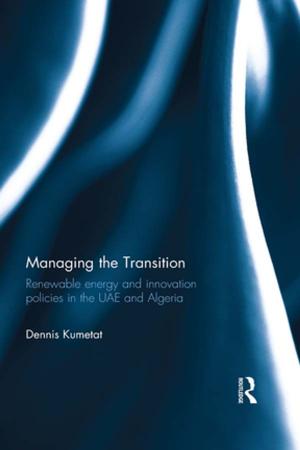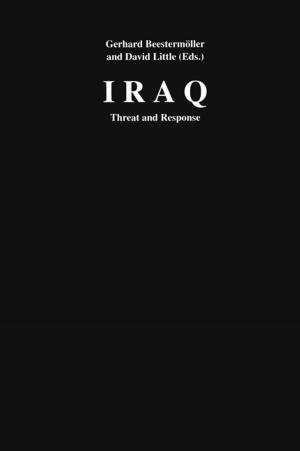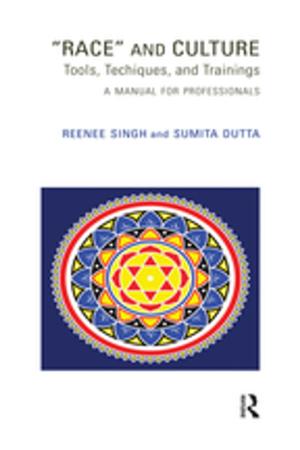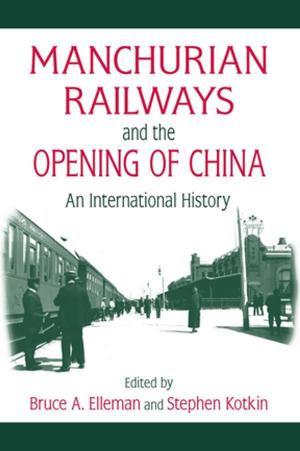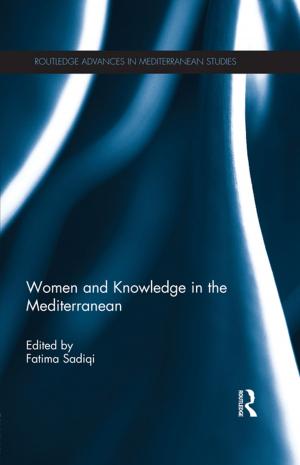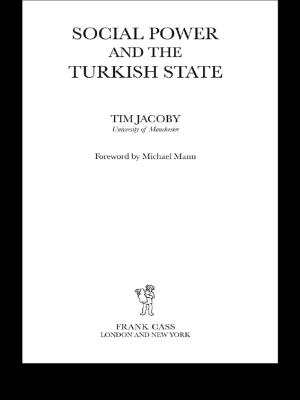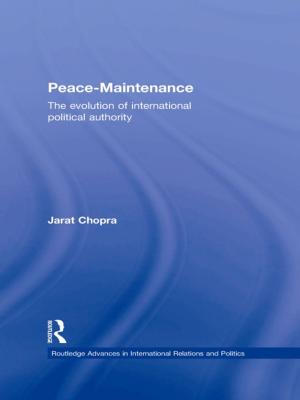Development and Globalization
A Marxian Class Analysis
Business & Finance, Economics, Economic Development| Author: | David F Ruccio | ISBN: | 9781136911040 |
| Publisher: | Taylor and Francis | Publication: | December 6, 2012 |
| Imprint: | Routledge | Language: | English |
| Author: | David F Ruccio |
| ISBN: | 9781136911040 |
| Publisher: | Taylor and Francis |
| Publication: | December 6, 2012 |
| Imprint: | Routledge |
| Language: | English |
Since the mid-1980s, David F. Ruccio has been developing a new framework of Marxian class analysis and applying it to various issues in socialist planning, Third World development, and capitalist globalization. The aim of this collection is to show, through a series of concrete examples, how Marxian class analysis can be used to challenge existing modes of thought and to produce new insights about the problems of capitalist development and the possibilities of imagining and creating noncapitalist economies.
The book consists of fifteen essays, plus an introductory chapter situating the author’s work in a larger intellectual and political context. The topics covered range from planning theory to the role of the state in the Nicaraguan Revolution, from radical theories of underdevelopment to the Third World debt crisis, and from a critical engagement with regulation theory to contemporary discussions of globalization and imperialism.
Since the mid-1980s, David F. Ruccio has been developing a new framework of Marxian class analysis and applying it to various issues in socialist planning, Third World development, and capitalist globalization. The aim of this collection is to show, through a series of concrete examples, how Marxian class analysis can be used to challenge existing modes of thought and to produce new insights about the problems of capitalist development and the possibilities of imagining and creating noncapitalist economies.
The book consists of fifteen essays, plus an introductory chapter situating the author’s work in a larger intellectual and political context. The topics covered range from planning theory to the role of the state in the Nicaraguan Revolution, from radical theories of underdevelopment to the Third World debt crisis, and from a critical engagement with regulation theory to contemporary discussions of globalization and imperialism.
